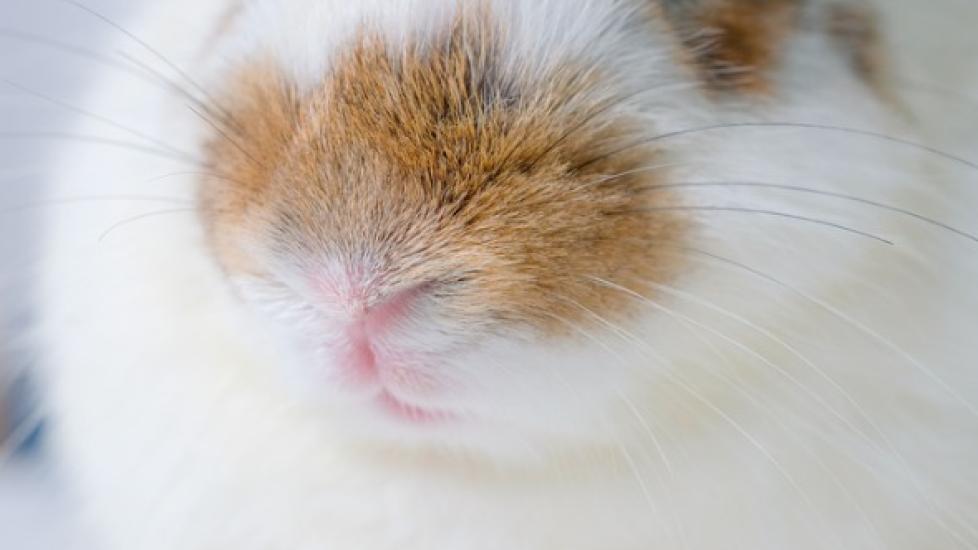Excessive Salivating in Rabbits
Ptyalism
Commonly referred to as “rabbit slobber” or the “slobbers,” ptyalism is a condition that causes a rabbit to produce an excessive amount of saliva. This can often lead to dental problems and is recognized because of the moisture around the rabbit's face.
Symptoms
Rabbits with ptyalism are in constant pain, which may be exhibited as lethargy, a hunched posture, or an inability to groom. Rabbits may also develop hair loss, especially around the mouth or dewlap (skin flap under lower jaw), or form thickened skin folds. Other symptoms include:
- Weight loss
- Inability to eat (anorexia)
- Uneven facial symmetry
- Nasal discharge or mucous
- Grinding teeth
- Excess tear production
Cause
Some rabbits are more at risk than others, including those with elongated or abnormally long teeth. Rabbits that eat pellet foods are also more at risk. Occasionally, ptyalism appears in rabbits suffering from a central or autonomic nervous system disorder -- a disorder affecting the part of the nervous system controlling automatic functions including heart rate, respiration and saliva production.
Soft tissues diseases or bacterial infections that affect the oral cavities and gut can be precursors to ptyalism. There are even medications and environmental toxins that can invade the rabbit's body and oral cavity causing dental disease(s) and, thereby, ptyalism. Some other causes for this condition include:
- Gingivitis
- Rabies
- Tetanus
- Metabolic or other gastrointestinal disorders
Diagnosis
Your veterinarian will want to conduct a full dental and medical exam on the rabbit to identify any neurological or dental diseases causing ptyalism, or to rule out any other causes. A biopsy may also be performed to rule out oral masses.
Treatment
A rabbit suffering from ptyalism may need help eating or fluid replacement therapy, especially if it has severe weight loss. It is important to keep its hair and coat clean and dry. Some require tooth (or teeth) extraction or teeth trimming(s). If the rabbit has developed abscesses or infectious pockets under the affected teeth, your veterinarian may prescribe antibiotics.
Living and Management
Lifelong treatment is often needed for rabbits with ptyalism, however, with proper care most recover. Follow-up care is also beneficial for rabbits with this condition, especially if they are young.
Featured Image: iStock.com/Narongrit Sritana
